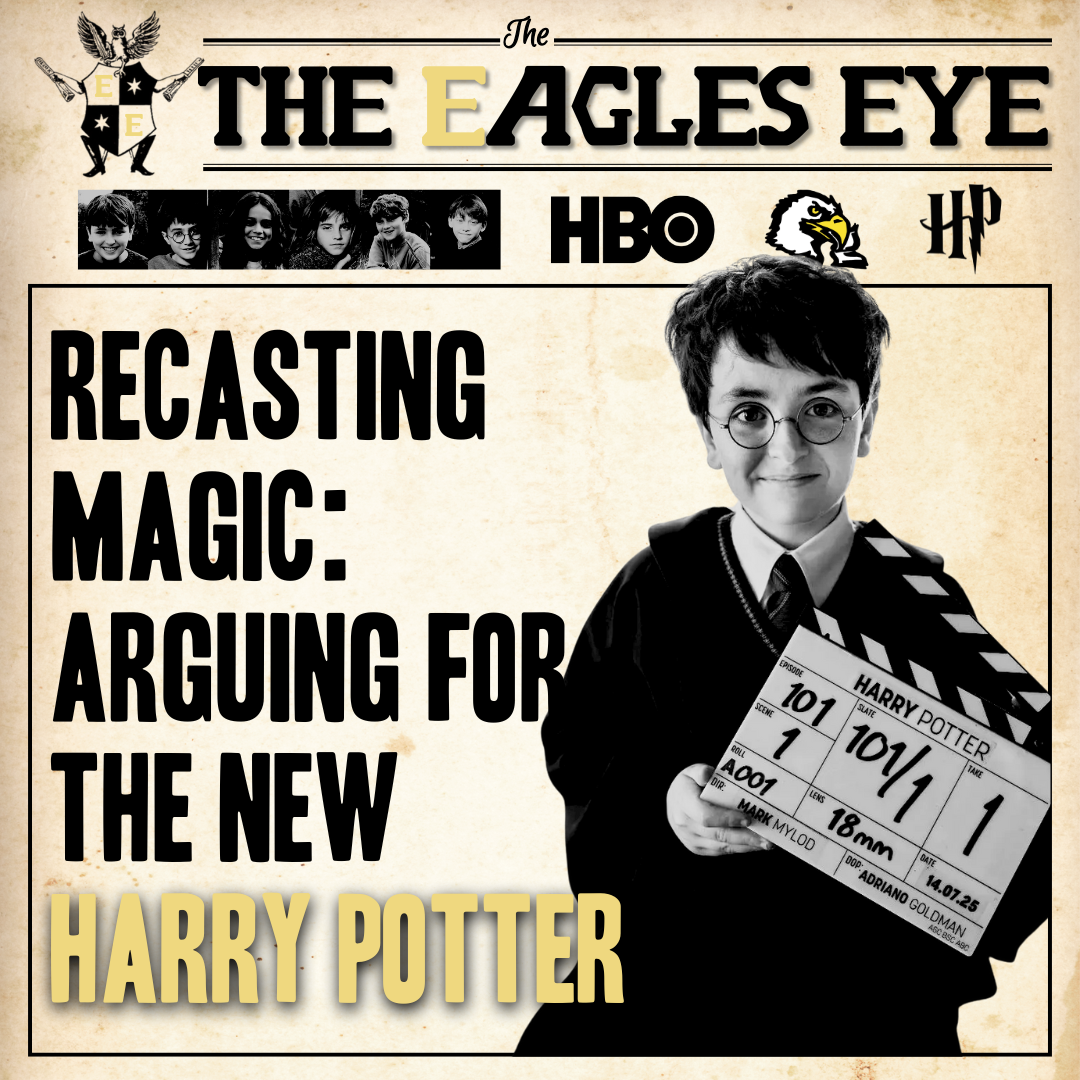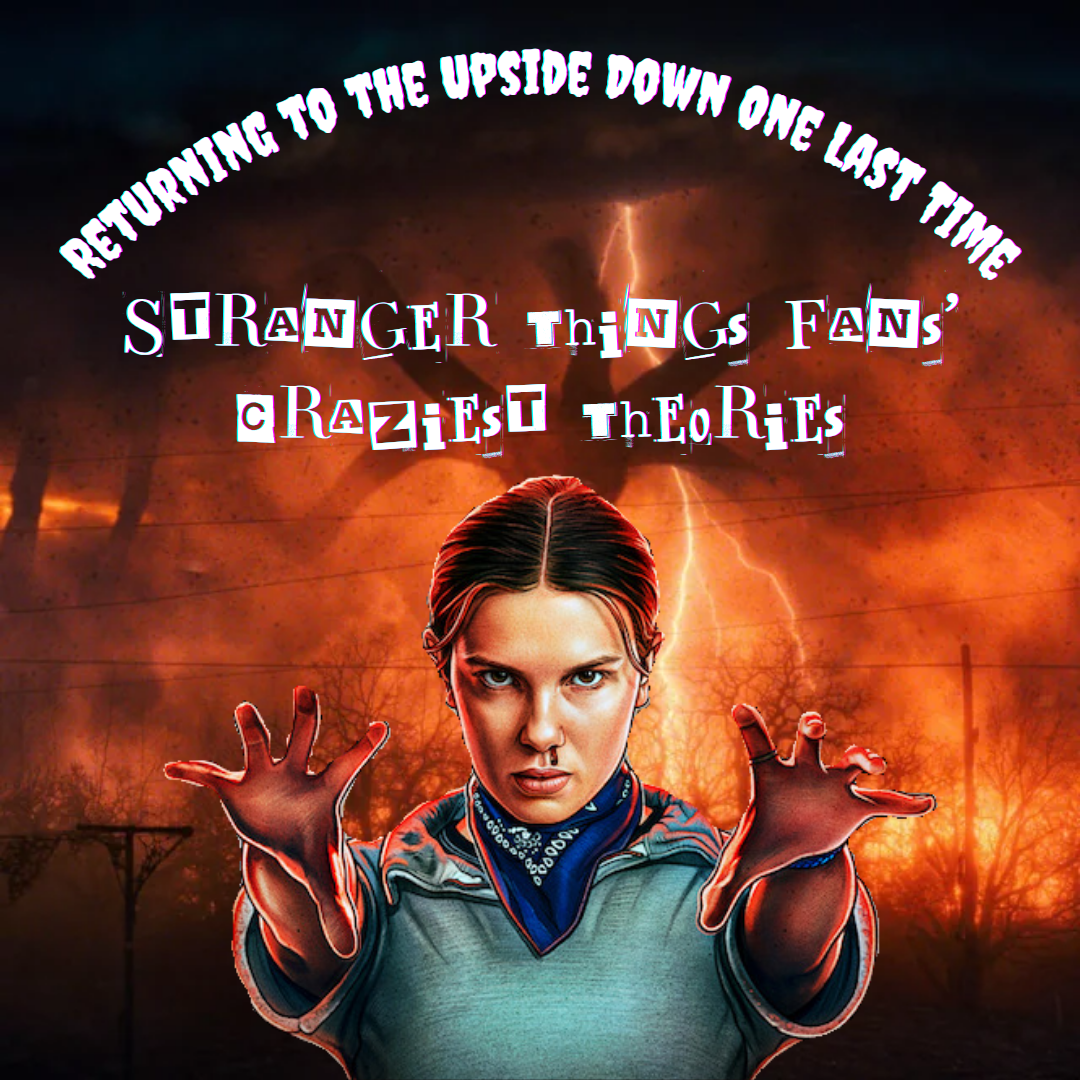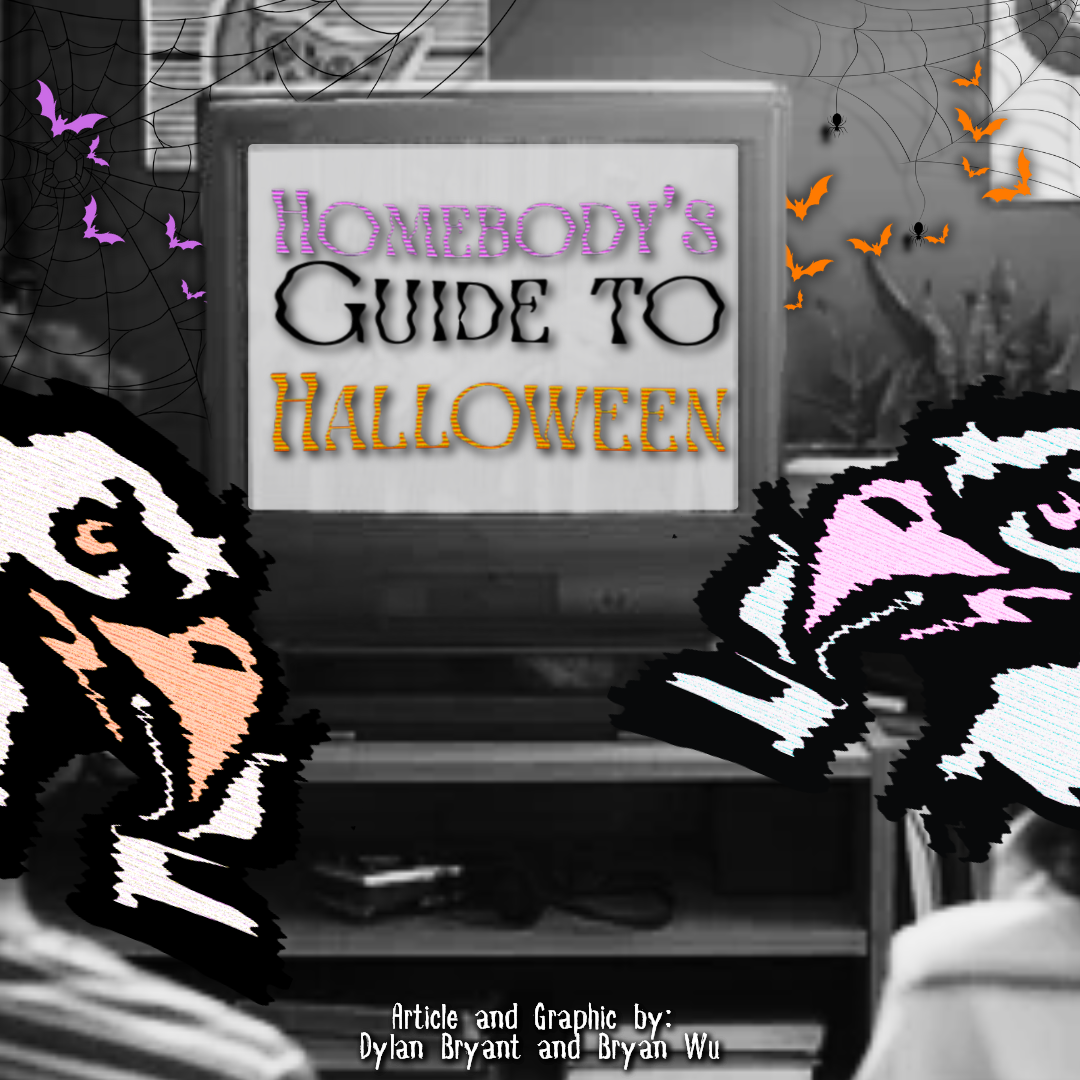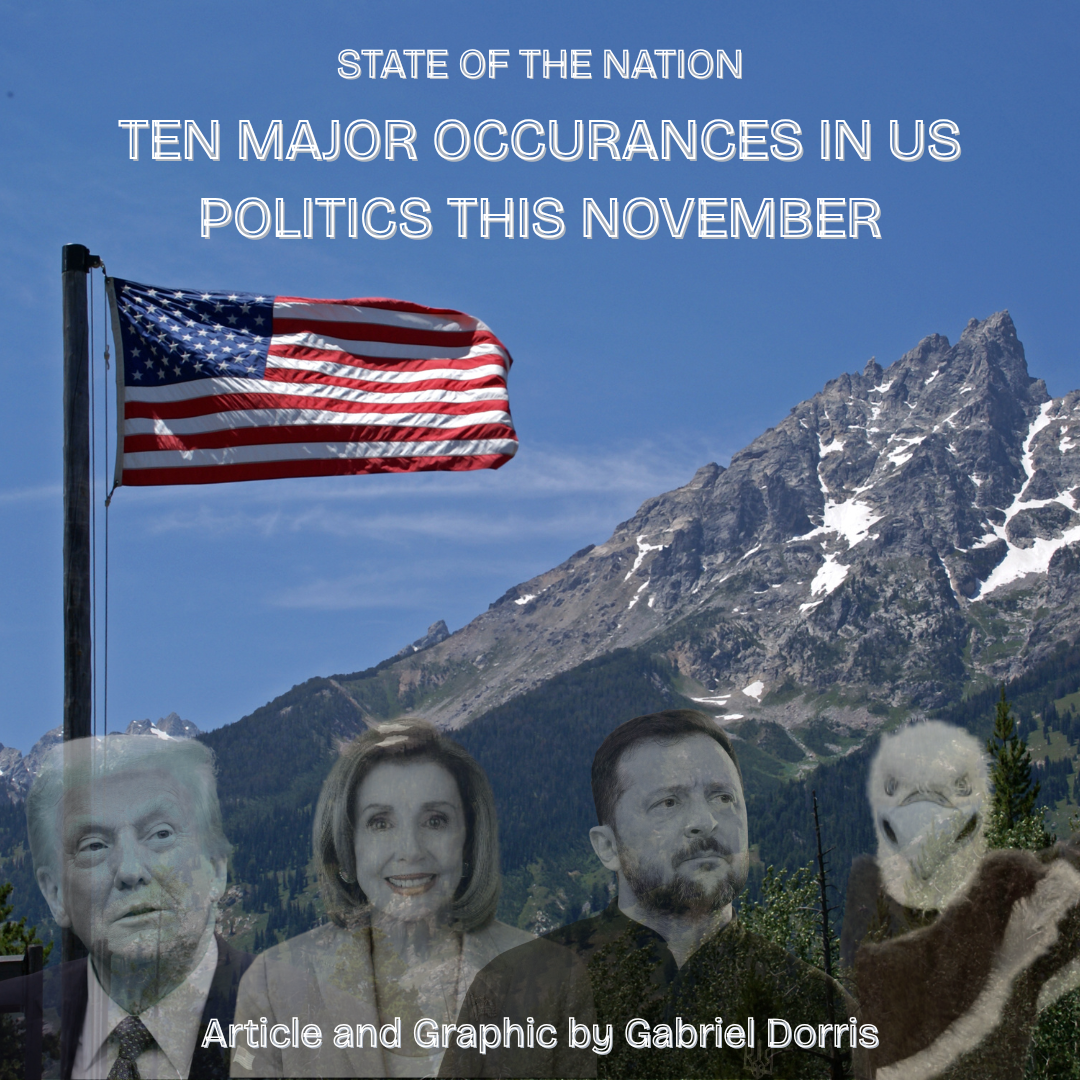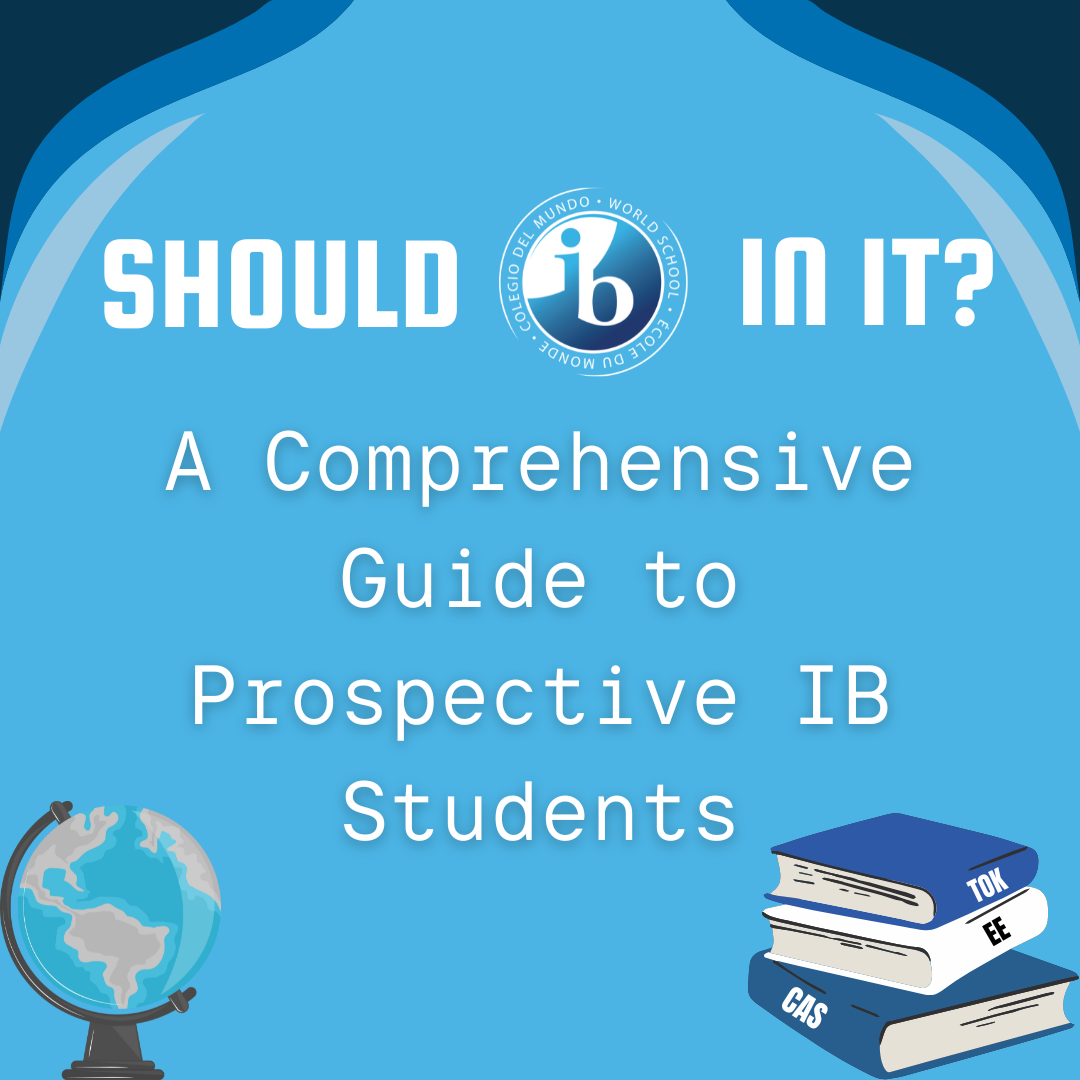Reboots, remakes, and remasters currently dominate the entertainment industry, from live-action remakes of old Disney classics to the third Superman origin movie. New content is scarce in theaters around the world, which should be no surprise, especially as originals like Pixar’s “Elio” struggle to make money when pitted against live-action remakes like Universal’s “How to Train Your Dragon”. The latest to hop on this trend are Warner Bros. and J.K. Rowling with a new HBO television series adapting all seven “Harry Potter” books, with the first season slated for release in 2027. However, while many reimaginings feel like lifeless corporate cash grabs, this one might have a case for being necessary.
The newest installment in the world’s most popular series is being made as an attempt to breathe new life into the “Harry Potter” IP following the unsuccessful “Fantastic Beasts” movies. Each of the seven “Harry Potter” novels will be adapted into its own season, spanning over a decade of production. This structure is designed to include additional content that the original movies may have missed due to time constraints. For fans, this likely means the inclusion of popular characters like Peeves and Charlie Weasley, who failed to make an appearance in the movies. Casting was announced in May 2025 following extensive auditions from tens of thousands of child actors, similar to the method used for the first rendition of movies.
The “Harry Potter” books are, and forever will be, timeless classics of literature; however, as time and technology progress, movies will eventually become dated. Although the original “Harry Potter” movies were ahead of their time, cinema has advanced leaps and bounds since 2001, when “The Philosopher’s Stone” was first released. Today, CGI-reliant scenes from earlier movies like Quidditch matches feel noticeably clunky and outdated compared to similar scenes in later films. As the younger generation continues to discover Harry Potter, they deserve an adaptation more relevant to their time, one with improved VFX, pacing, and even character portrayals that reflect the styles and mannerisms of the current day. While the original films will continue to be beloved pieces of film, a faithful and refreshed adaptation could ensure the magic continues to resonate for generations to come.
Beyond visual and stylistic upgrades, there’s another equally important reason to revisit the story: accuracy. One of the biggest failures of the original Harry Potter movies—and frankly every book adaptation—was their shortcomings in book accuracy. Fans around the world have complained about the lack of certain storylines and characters that simply couldn’t be included due to the limited amount of content you can cram into a sub-two-hour movie. Two of the most notable examples are Harry Potter and the Half-Blood Prince and Goblet of Fire. Both of which failed to include key scenes—such as the Quidditch World Cup match in Goblet of Fire—and are often criticized by fans as the least faithful adaptations in the series. The best solution to this issue is simply more screen time. Each season is rumored to be around 6-8 hours long, already tripling the time of an individual movie for just one season. This allows more space for the nitty-gritty details that fans love to see.
Many could argue that the only intention behind this remake is to squeeze more money out of a seemingly dwindling franchise, which wouldn’t necessarily be completely false. Odds are you’ve recently seen ads for Harry Potter Hershey’s chocolate or spotted their Krispy Kreme donuts in stores lately. However, we live in a capitalistic society, and almost everything in the entertainment industry is created with the intention of making money. This doesn’t necessarily mean that the movies will be bad. Remakes, especially ones as high-stakes as a Harry Potter remake, will completely flop if they fail to meet expectations. If anything, this provides more fuel for Warner Bros. to make sure they deliver a stronger adaptation. As for those who argue that making it “better than before” would be impossible, the books are the source of the magic. If the originals could recreate this in 2001, then why can’t this new show? It isn’t a replacement, but an alternative creation using a different medium. Nobody will force you to watch the new series, and there is absolutely no problem with continuing to enjoy the originals.
Ultimately, this Harry Potter series isn’t another remake preying on your nostalgia for clicks and cash. It’s an opportunity to revisit the best-selling book series of all time with depth, accuracy, and polish that the original films couldn’t quite achieve. With almost triple the run-time per book, each season has more space to explore the cobwebbed corners of the story we all love, and could enhance the legacy of Harry Potter rather than replace it. For both newcomers and longtime fans, this series offers a fresh yet faithful chance to experience the magic that is Harry Potter. In a world full of cop-out reboots, this one might prove that they aren’t all as bad as they can seem.


